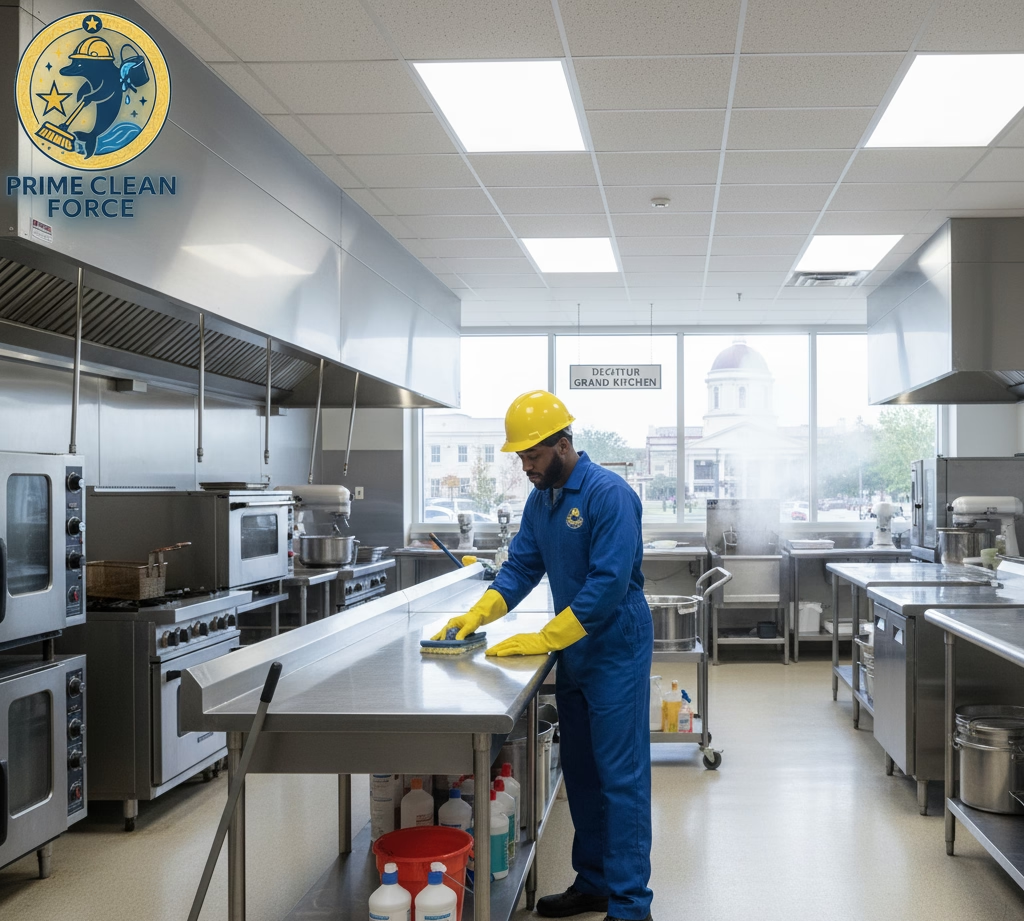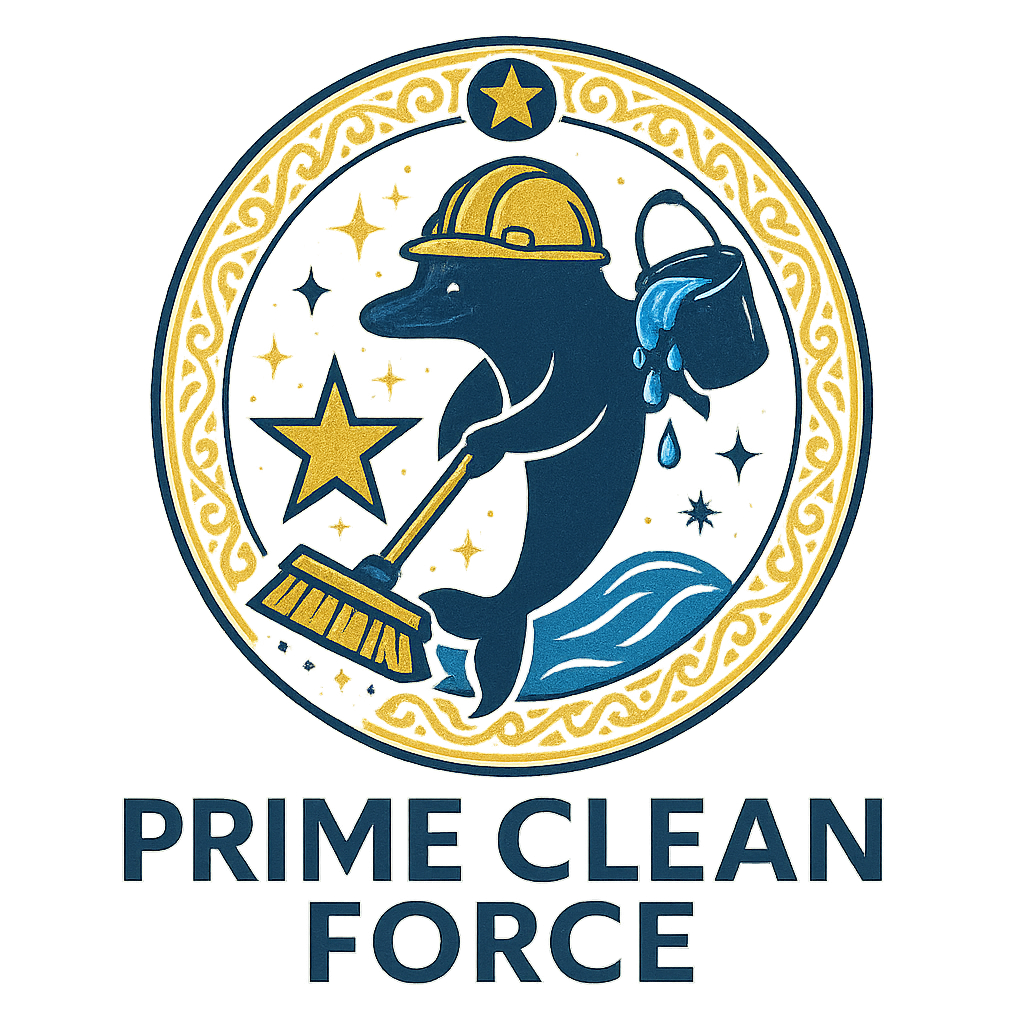Operating a successful restaurant in Georgia involves more than just great food and service. Behind the scenes, adherence to strict safety and health codes is paramount. One of the most critical—and often misunderstood—of these is the requirement for regular professional cleaning of kitchen exhaust systems, commonly known as hood cleaning. Grease buildup in exhaust hoods, filters, and ductwork is a leading cause of commercial kitchen fires, posing a significant risk to your staff, customers, and investment.
To mitigate this risk, the state of Georgia mandates compliance with a national standard that outlines specific cleaning frequencies and methods. This guide will demystify the regulations, explain the importance of the NFPA 96 standard, and provide a clear framework for keeping your Georgia restaurant safe, compliant, and ready for inspection.

The Governing Standard: Understanding NFPA 96
The primary document governing kitchen exhaust safety is the NFPA 96: Standard for Ventilation Control and Fire Protection of Commercial Cooking Operations. This standard is not just a set of recommendations; it is a legally enforceable regulation in Georgia.
The State of Georgia's Rules and Regulations for Fire Safety explicitly adopts NFPA 96. This means that local fire marshals and insurance inspectors across Georgia will use this standard to evaluate the safety and compliance of your kitchen's exhaust system.
The core principle of NFPA 96 is that the entire exhaust system—from the hood in the kitchen to the fan on the roof—must be cleaned by a properly trained, qualified, and certified person at regular intervals to prevent the accumulation of grease.
How Often Must You Clean? The Official Frequency Table
NFPA 96 doesn't set a single schedule for everyone. Instead, it bases the required cleaning frequency on the type and volume of cooking performed in your kitchen. This is a common-sense approach: a high-volume steakhouse using a charcoal broiler will produce far more grease than a small cafe that primarily serves soups and salads.
The standard outlines the following inspection and cleaning schedule:
| Type of Cooking Operation | Required Frequency |
|---|---|
| Systems serving solid fuel cooking (e.g., wood, charcoal) | Monthly |
| Systems serving high-volume cooking (e.g., 24-hour restaurants, charbroiling, woks) | Quarterly (Every 3 months) |
| Systems serving moderate-volume cooking (e.g., typical sit-down restaurants, hotel kitchens) | Semi-Annually (Every 6 months) |
| Systems serving low-volume cooking (e.g., churches, day camps, seasonal businesses) | Annually |
Important Note: While this table is the standard, your local Authority Having Jurisdiction (AHJ)—typically the fire marshal—can require more frequent cleanings if an inspection reveals an unusually high rate of grease buildup.
What Does a Compliant Hood Cleaning Entail?
A compliant cleaning is more than just wiping down the visible parts of the hood. A certified hood cleaning vendor must clean the entire system "from grease pan to rooftop." This includes:
- Exhaust Hood: Scraping, degreasing, and pressure washing the interior and exterior of the hood canopy.
- Filters: Removing and cleaning all grease filters.
- Ductwork: Cleaning the horizontal and vertical duct runs from the hood to the exhaust fan.
- Exhaust Fan: Tipping the fan housing and cleaning the blades, housing, and any accessible components on the roof.
After the service, the cleaning contractor must provide a certificate of performance that includes the date of service and any observed deficiencies. This certificate should be displayed in the kitchen as proof of compliance for inspectors.
Coordinating with Your Kitchen Cleaning Service
While a certified hood vendor handles the exhaust system, the day-to-day cleanliness of your kitchen is your responsibility and is crucial for passing health inspections. This includes cleaning all other kitchen components:
- Cooking Equipment: Grills, fryers, ranges, and ovens must be regularly degreased and cleaned.
- Floors & Drains: Floors must be degreased to prevent slip-and-fall hazards, and floor drains must be kept clear.
- Walls & Ceilings: Surfaces must be free of grease, dust, and food splatter.
- Prep Surfaces: All food preparation areas must be cleaned and sanitized according to health department regulations.
Many restaurant owners coordinate their general deep cleaning service to occur just before or after their scheduled hood cleaning. This creates a highly efficient process, ensuring the entire kitchen is brought to the highest standard of cleanliness and safety at once, minimizing operational downtime.
Staying on top of your cleaning schedule is a non-negotiable aspect of running a commercial kitchen in Georgia. It protects your business from the catastrophic risk of fire, ensures you remain compliant with state and local laws, and provides a safer, more efficient working environment for your staff.
Need a Partner for Total Kitchen Cleanliness?
While you schedule your certified hood vendor, let Prime Clean Force handle the rest. We provide comprehensive deep cleaning services for commercial kitchens across Georgia, tackling floors, equipment, and surfaces to ensure you're always ready for a health inspection. Contact us today to learn how we can support your kitchen's cleaning and compliance program.
